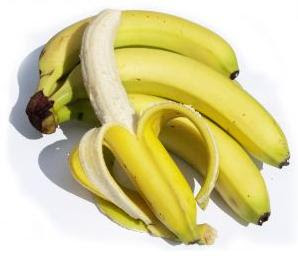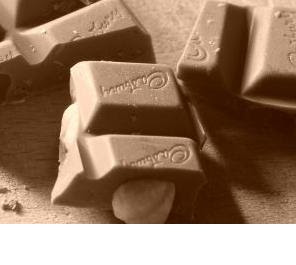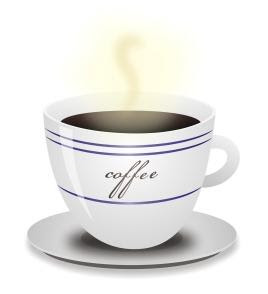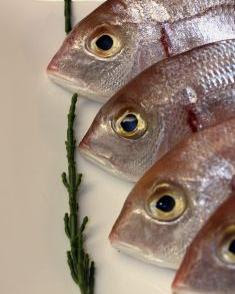 |
| Bananas |
Bananas: Bananas are an excellent source of starchy carbohydrate which promotes the production of serotonin, the happy hormone. Bananas also contain tryptophan, which the body cannot make itself. It is a type of protein that the body converts into serotonin. According to Dr Caroline Longmore, author of the book The Serotonin Secret, she suggests eating between four to 11 bananas a week. No wonder monkeys are the happiest animals in the world. Research has also shown that the potassium-packed fruit can assist learning by making pupils more alert.
 |
| Chocolate |
Chocolate: Theobromine, which has the same effects as caffeine, is the active ingredient in chocolate and it occurs only in cacao. Cacao beans, the main ingredient for chocolate, are rich in antioxidants and other brain-enhancing elements. The chemical compounds in dart chocolate promote positive mood by raising serotonin and endorphin levels in the brain.
 |
| Coffee |
Coffee: The main ingredient in coffee that gives us the kick is caffeine, a central nervous system stimulant. Caffeine is found naturally in coffee beans. Caffeine also increases dopamine levels in the same way that amphetamines do. Dopamine is a neurotransmitter that activates pleasure centers in certain parts of the brain.
 |
| Pumpkin seeds |
Seeds, nuts and grains: Sunflower seeds, almonds, pistachios, macadamia nuts, peanuts and oats promote brain functioning. They are a great source of magnesium. Magnesium is found to be needed for the proper performance of serotonin.
 |
| Berries |
 |
| Green Tea |
Green tea: EGCG (Epigallocatechin Gallate) is a compound found only in green tea which possesses many health benefits such as anti-cancer and anti-ageing. Research by the University of San Francisco and the State Key Laboratory of Brain and Cognitive Science in China has shown that green tea promotes brain health through protecting brain cells at risk for damage, such as from Parkinson's disease and stroke. You will be happy to note that L-Theanine, an amino acid naturally found in green tea, promotes relaxation.
 |
| Vegetables |
Vegetables: Green leaves such as broccoli, cabbage and spinach which contain folate act against depression. Anti-depression nutrients that come most into play with vegetables are the B vitamins, particularly B-9, also known as folic acid. There has been evidence connecting a deficiency of folic acid in the diet to depression. Lettuce, for example, is high in potassium, which is important for brain neuron function. Vegetables are simply the best source of most of the vitamins your body needs including a happy brain.
 |
| Fish |
Fish: Fish such as mackerel, tuna, sardines, herring and wild salmon are rich in Omega-3 fatty acids. Lack of omega-3 fatty acids has been linked to depression by researchers. Fatty acids are necessary for human health but the body cannot make them.
Avoid sugar which uplifts your mood temporarily and makes you worse off when the effect wears out.
Healthy foods mean positive moods and lasting happiness.
Very concise post about the most beneficial foods! It is always important to stay healthy and active, and eating the right food definitely contributes to this. Thanks for sharing!
ReplyDeleteBe a Facebook fan for discounts on Baby Boomer products!
http://www.facebook.com/firststreetinc
Great article! Thanks for sharing it with Fit Foodista readers. Hope to see you in November for the next blog carnival :)
ReplyDelete